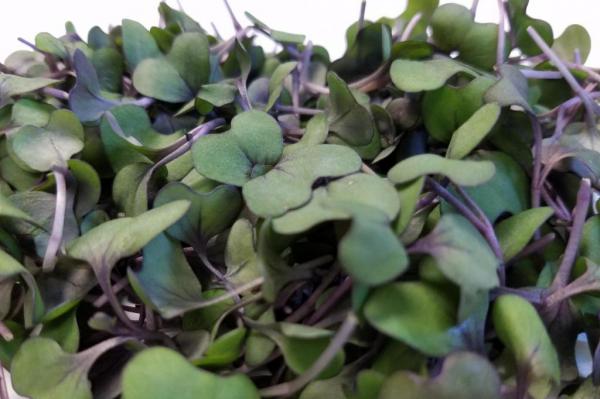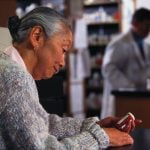
WASHINGTON, Dec. 14 (UPI) — A new study may show promise in using microgreens to lower LDL or “bad” cholesterol.
The report, which was published in the American Chemical Society’s Journal of Agricultural and Food Chemistry, studied laboratory mice on a high-fat diet and the effects of red cabbage microgreens in lowering LDL cholesterol.
Microgreens are tender, immature plants and herbs that are fast growing and ready to be harvested only a week or two after being planted. Research has shown that microgreens offer more health benefits than their full-grown counterparts.
U.S. Department of Agriculture researcher Thomas T.Y. Wang and colleagues wanted to see if red cabbage microgreens could have a similar or greater effect than full-grown red cabbage at helping to reduce high cholesterol.
The team used 60 obese mice that have a tendency to develop high cholesterol and other risk factors for cardiovascular disease.
They divided the mice into different groups based on diet, with some receiving food low in fat or high in fat and with or without receiving red cabbage microgreens or mature red cabbage.
Results showed that both the microgreens and mature cabbage diets reduced weight gain and levels of liver cholesterol in the mice on high-fat diets. However, the microgreens contained more potentially cholesterol-lowering polyphenols and glucosinolates than their mature red cabbage counterparts.
The microgreens also lowered LDL cholesterol and liver triglyceride levels in the mice.
[Source:-UPI]







